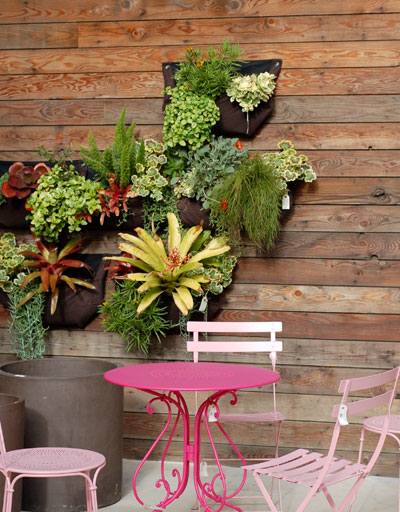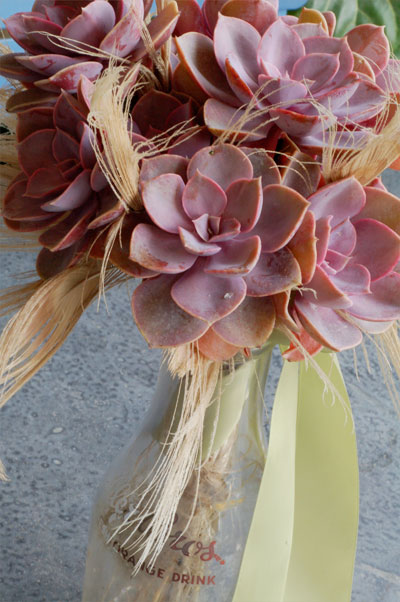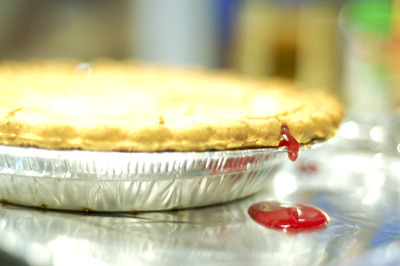There is a misconception that the purpose of preschool is to be prepared to succeed in kindergarten and beyond, but I encourage you to consider why you are enrolling your child(ren) in preschool. Research shows that children who engage in unstructured free play learn skills that equip them to be empathetic, successful, happy children (and later, adults). Below are 5 benefits of play-based preschool, followed by Bay Area play-based preschool programs, as well as reading for further consideration.
Creativity & Imagination Creativity and imagination may seem like hallmarks of childhood, but they are important skills that are learned—not inherit. Whether they are pretending to be a doctor, acting like the mother to their teddy bear “babies,” or flying a cardboard box airplane, children are acting as creative problem-solvers, and demonstrating the skills that come naturally to them. This imaginative play quickly forms the foundation of a healthy childhood, and sets them up to become creative, curious adults who can adapt to the world around them.
Motor Skills Active play also quickly works to develop strong motor skills in children: Your child might look like they’re just enjoying the monkey bars with their friends, but their body is doing real work and developing the essential strengths that will help them grow. Coloring, drawing and crafting encourages and develops fine motor skills.
Communication Skills Play helps children develop key language and communication skills. Even when participating in individual play children will speak to themselves and the toys they’re playing with, enacting multiple sides of conversation, and participating in active-language scenarios.
Critical Thinking and Problem Solving As children interact with the world around them, especially in ways that inspire their creativity and critical thinking skills, they learn to become effective problem solvers. From pouring water from a cup, to planting seeds in a garden, to helping bandage an imaginary scrape, to reading about others’ joys and pitfalls, they see cause and effect, and begin to notice both the patterns around them, and the consequences of actions, both simple and complex. They begin to predict outcomes, and start to consider a variety of choices and actions.
Social Emotional Development Play-based learning also plays an important role in the development of healthy social and emotional habits in children. When children play with other children, they learn to cooperate, communicate and engage with their peers in a way that ensures they feel part of their young community. These interactions give them the ability to develop relationships, and nurtures their sense of emotional and social intelligence.
In our test-driven educational world of today, being on task and on time in many schools leaves little time for play. Recess has shrunk or disappeared from most of our schools. Lunch periods have been shortened and days and years have been lengthened in an apparent quest to make our students into perfect little adults.
The 'adultification' and acceleration of children’s time and education is not a positive choice, but one that robs children of their freedom to be. People who push academics on our kids are telling our children that in order to be happy, well-adjusted, and successful adults, they need to attend every class, get good grades, and get into a good college. I know college might seem like a stretch, but take a step back and ask yourself what you want in a preschool and WHY you want that. Be intentional with your children’s time; they only get 1 childhood. Ultimately, parents want to ensure that their children have a happy, healthy educational experience. And while test scores and an academic curriculum are often the focus of searches when looking at schools, the importance of play-based preschool programs cannot be underestimated.
“When parents portray success as a linear progression of SAT scores, acceptance to selective colleges, and high-powered internships, they set kids up for disappointment.” -Madeline Levine, The Atlantic (article linked below)
Here are a few links to play-based programs in the San Francisco Bay Area:
Explorer Preschool (SJ)
Parks Plus Creation (SF)
Friends Nursery School (Palo Alto)
Free Forest School (national organization with local chapters)
Glenridge Co-op (SF)
Miraloma Cooperative Nursery School (SF)
Waldorf Schools (there’s one in SF, on the Peninsula, near Sebastopol, and in Santa Cruz)
And in Athens, Ga, ARROW
Interesting in learning more? Check out these:
Five Not-So-Obvious Propositions About Play essay by Alfie Kohn (who is amazing and I love everything he writes!)
Kids Don’t Need to Stay ‘On Track’ to Succeed essay by Madeline Levine from The Atlantic
A Child's Work: The Importance of Fantasy Play, by Vivian Gussin Paley (University of Chicago Press, 2004)
Effort to Restore Children’s Play Gains Momentum (from 2011 and references the parents constant use of BLACKBERRYS… imagine how bad it is now!)
Einstein Never Used Flashcards: How Our Children Really Learn, by Roberta Michnick Golinkoff, Kathy Hirsh-Pasek, and Diane Eyer (Rodale Books, 2003)
Which books, articles, schools or programs would you add to this list? I am always interested in hearing abut other spaces where kids thrive!! Leave me a comment here or join the discussion on my Instagram post.










